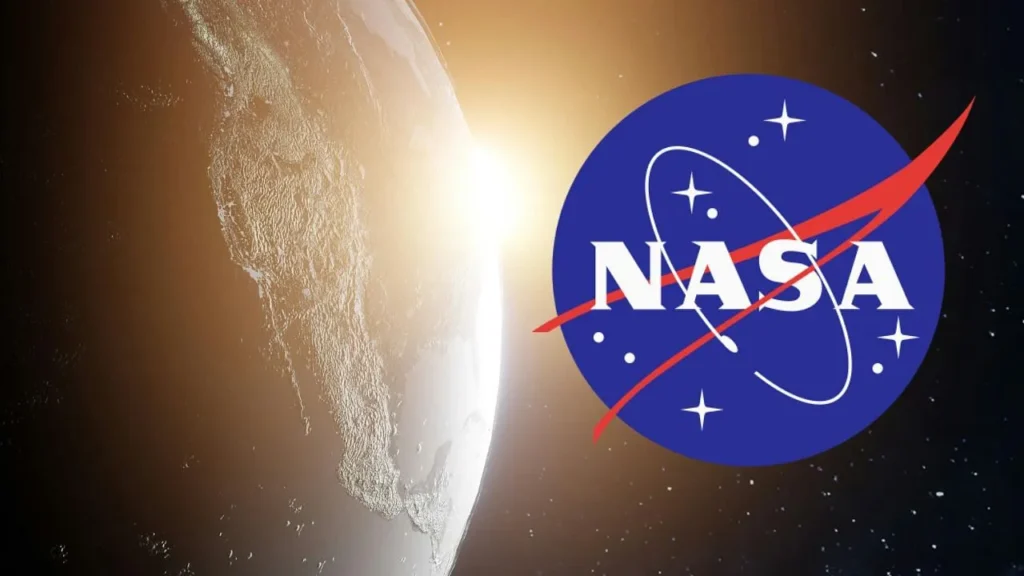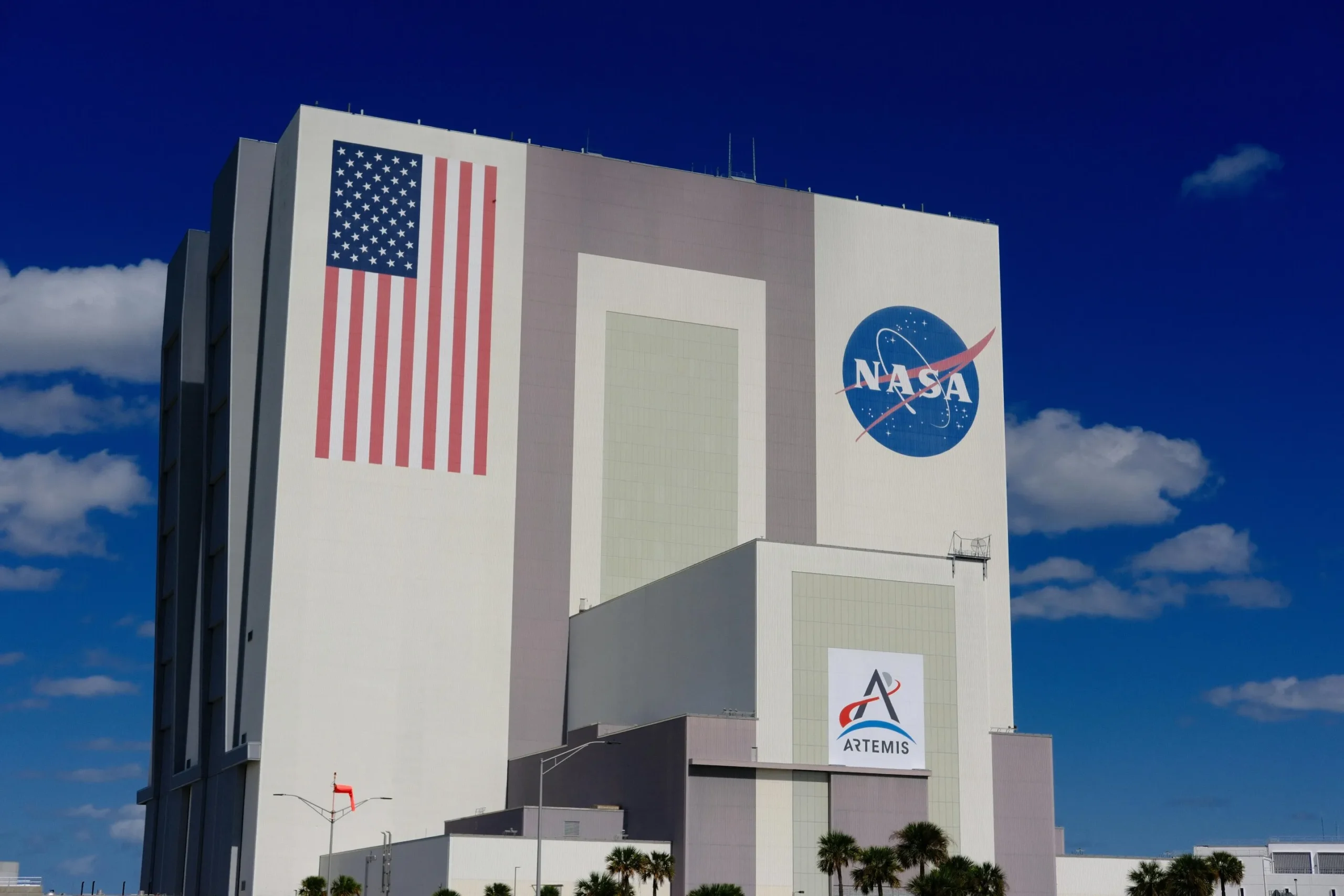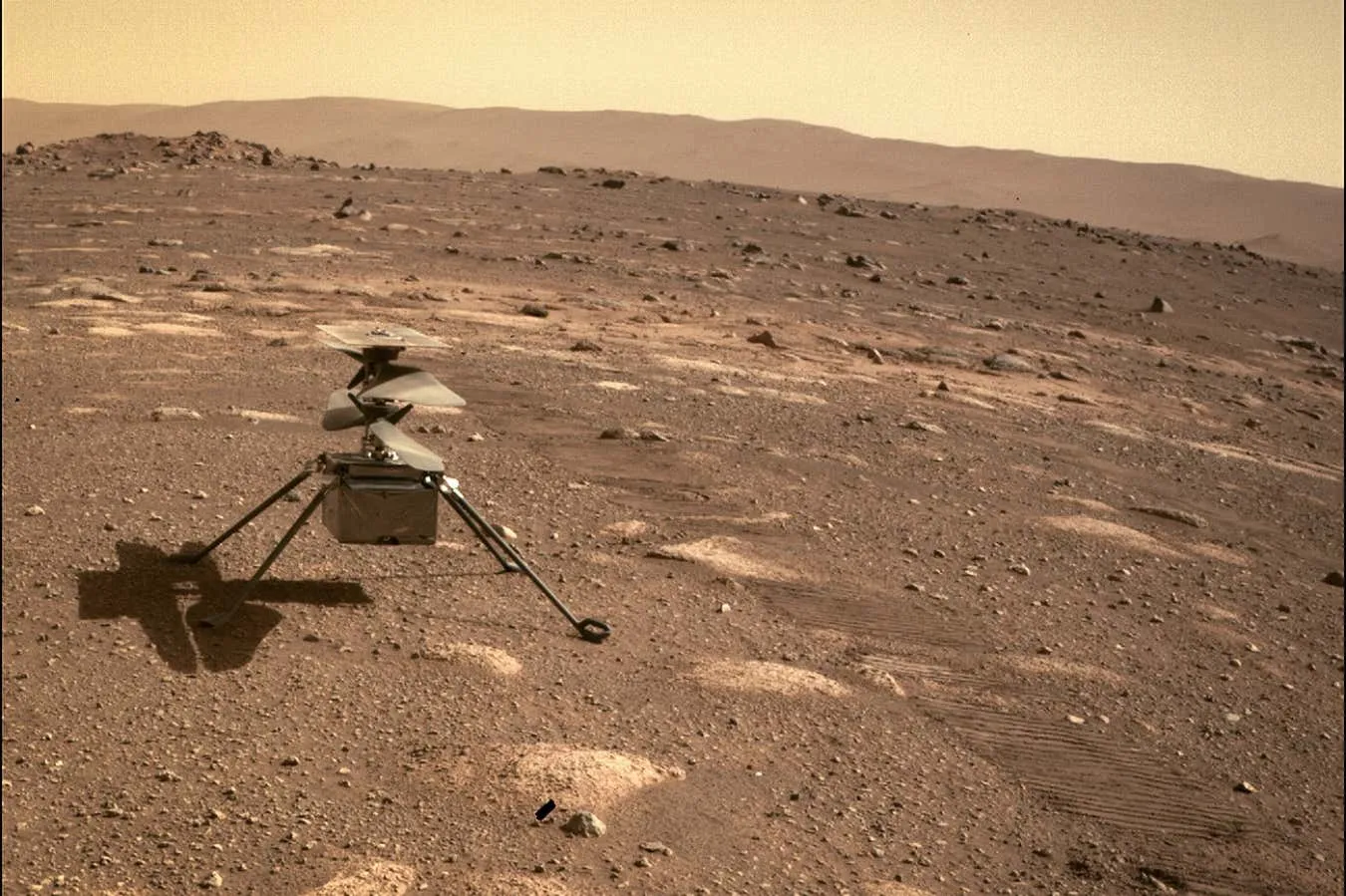
The Biden administration’s fiscal year 2026 budget request for NASA arrived like a meteor strike. It wasn’t just a bureaucratic document; it was a philosophical U-turn, and to some, a demolition order for decades of collaborative space exploration efforts. With nearly a quarter of NASA’s total budget slashed and a new human spaceflight focus abruptly shifting from the Moon to Mars, it’s a plan being hailed by few and blasted by many — not for its ambition, but for its political recklessness.
“Any attempt to launch a generational space effort on a foundation of destruction and discord will be doomed from the start,” warns Casey Dreier, Chief of Space Policy for The Planetary Society. Dreier and many others argue that this isn’t how you reach Mars — it’s how you ensure you never do.

The Mars Budget Blitz: A Plan Without a Pillar
On paper, the proposed pivot sounds grand: redirect NASA’s crewed exploration from Artemis and the Moon to the Red Planet, with nearly $1 billion earmarked for Mars-related activities that would balloon into several billion following Artemis 3.
But behind that headline hides a brutal reality. The budget retires the Space Launch System (SLS), cancels Orion’s future, and unceremoniously ends Gateway — the lunar orbital outpost meant to serve as a bridge to deeper space. Worse, it slashes NASA’s overall budget by 25%, inflicts a 47% cut to science, and terminates critical infrastructure and propulsion programs, including ones that would benefit any Mars mission, like nuclear propulsion and Plutonium-238 production.
This wasn’t just a pivot. It was a clean break — one done without warning, consultation, or care.

“A Coalition-Busting Catastrophe”
Consensus isn’t just a nicety in American space policy — it’s the lifeblood. The Artemis program survived the volatile handoff between presidential administrations because it was built on bipartisan support. Jim Bridenstine, Trump’s NASA Administrator, overcame political obstacles to forge strong coalitions in Congress and with international allies. Artemis, in many ways, was NASA’s first lunar program to survive a political transition since Apollo.
The 2026 budget proposal trashes that legacy.
Released with “little more than perfunctory congressional outreach,” the administration’s move has been widely seen as an act of political sabotage. No new coalition was built, no international or commercial partners reassured, and no groundwork laid for public or bipartisan buy-in. The day after the announcement, President Biden even withdrew his nominee for NASA Administrator, leaving the agency without a captain at the helm during one of its most radical proposed course changes.
As Dreier bluntly puts it: “This budget does not build the consensus necessary to carry the program forward in the next presidential term; rather, it breaks it.”
Swift Backlash: A Rare Bipartisan Rejection
The outcry was swift, severe, and surprisingly united.
Republican Senator Ted Cruz moved immediately to restore funding for the Artemis 4 and 5 missions, the Gateway outpost, and the International Space Station. A bipartisan chorus in the House, led by the Planetary Science Caucus, rallied over 80 co-signatories demanding restoration of NASA’s gutted science programs.
Public reaction mirrored this fury. The Planetary Society alone facilitated nearly 45,000 messages of protest to Congress from all 50 states and 108 countries — a global outpouring of concern. Meanwhile, industry leaders, international partners, and the broader scientific community uniformly condemned the proposal. Notably absent? Any visible support for the budget from within the administration or NASA itself.

Politics vs. Physics: Why Timing Can’t Be Ignored
The proposal’s defenders — few as they are — argue that a pivot to Mars is necessary to advance human spaceflight. But ambition, in space as in politics, needs more than aspiration. It needs planning, patience, and physics.
Mars mission launch windows, dictated by orbital mechanics, occur roughly every 26 months. There are two remaining under the current administration. But without consensus, this timeline is meaningless. Any effort without continuity across future administrations — and Congresses — is doomed to collapse mid-flight.
“If the price of a human Mars program is the loss of NASA’s global leadership in space science, it will fail,” Dreier warns. And that price, it appears, is exactly what this budget demands.

Mars Deserves Better: A Legacy on the Line
The Planetary Society, which passionately advocates for human exploration of Mars, finds itself in the awkward position of opposing a Mars mission not because of its goal — but because of its means. Tying a Mars program to the destruction of NASA’s scientific foundation, international credibility, and commercial partnerships is a surefire recipe for failure.
“Mars deserves better,” Dreier insists. And he’s right.
Space policy isn’t just about rockets and timelines. It’s about values — cooperation, ambition, perseverance, and unity. A mission to Mars should reflect the best of us, not the worst instincts of our politics. Instead of lighting the path forward, this budget may end up being remembered as the moment America’s space ambitions collapsed under the weight of its own disunity.